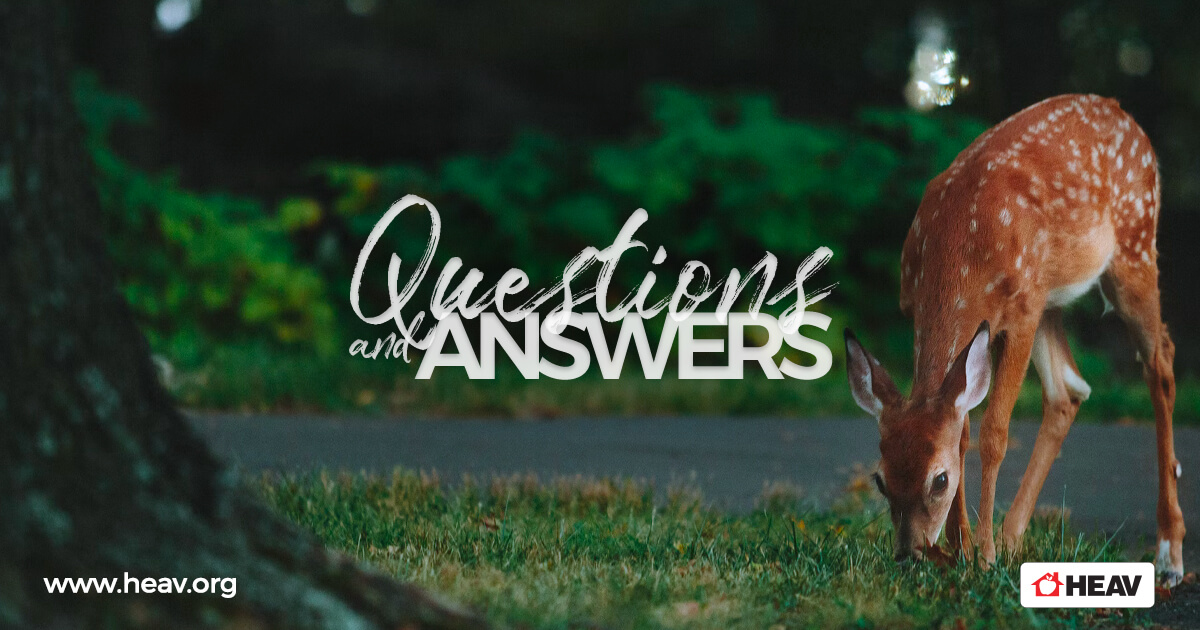What Should My Child Know?
Q. Where can I find information about what my child should be learning at his grade level? I’m concerned that he might not be prepared for the end-of-year test.
A. There are several ways to find out what your child should know for each grade level. As you are thinking about curriculum content, concentrate on language arts and mathematics. These two skill subjects are foundational. They prepare your child for the study of history, science, art, etc.
What Should My Child Know?
World Book has published a free typical course of study online for grades K-12.
Another option would be to look at the scope and sequence of several publishers online. Larger companies have published lists of what is taught in each subject for each grade. You’ll see the learning progression. You’ll find that different companies and textbooks contain similar concepts for the same grades.
If you can locate and look through several books (same subject for the same grade), you can also compare the table of contents from each publisher and decide what would be most compatible with your child’s learning style and learning needs.
The Virginia Standards of Learning (SOLs) are another resource. This free resource can be found on the Virginia Department of Education’s website. While it is not required that homeschoolers teach the same thing at the same time as described in the SOLs for each grade level, it may help to know the minimum benchmarks for each public school grade level. Look for the grade that applies to your child.
As this relates to testing, standardized achievement tests include what is generally taught in schools across the country—the basic material for each grade level. Since your child is required to complete only the language arts and mathematics portions of a standardized achievement test, you will want to concentrate on these skill subjects.
Homeschoolers, who use a variety of different texts, score above average regardless of their curriculum choice. If you’re still concerned about what to teach and what may be on the test, there are test prep and pre-tests available that will help you know what to expect on the real test.
There are also some helpful books that can give you the big picture of curriculum and help answer the questions “What should my child know?” Here are several resources you may want to review:
What Your Child Needs to Know When by Robin Sampson
This resource includes helpful academic-skills checklists divided according to grade level (K-8) for math, language arts, science, and social studies, with spaces to assess up to five children.
You Can Teach Your Child Successfully by Ruth Beechick
Beginning with the all-important skill of reading, then moving through writing, arithmetic, history and social studies, science, health, music, art, and the Bible, Beechick presents the basic content of each subject along with the big ideas that make it important.
100 Top Picks for Homeschool Curriculum by Cathy Duffy
This book is a standard reference for homeschoolers. The first several chapters help you decide on the content of the subjects you want to teach and the methods that are right for your family.
What Your First Grader Needs to Know: Fundamentals of a Good First-Grade Education (The Core Knowledge Series) by E.D. Hirsch Jr.
This series–developed by parents and teachers–covers what preschoolers to third graders need to know.










